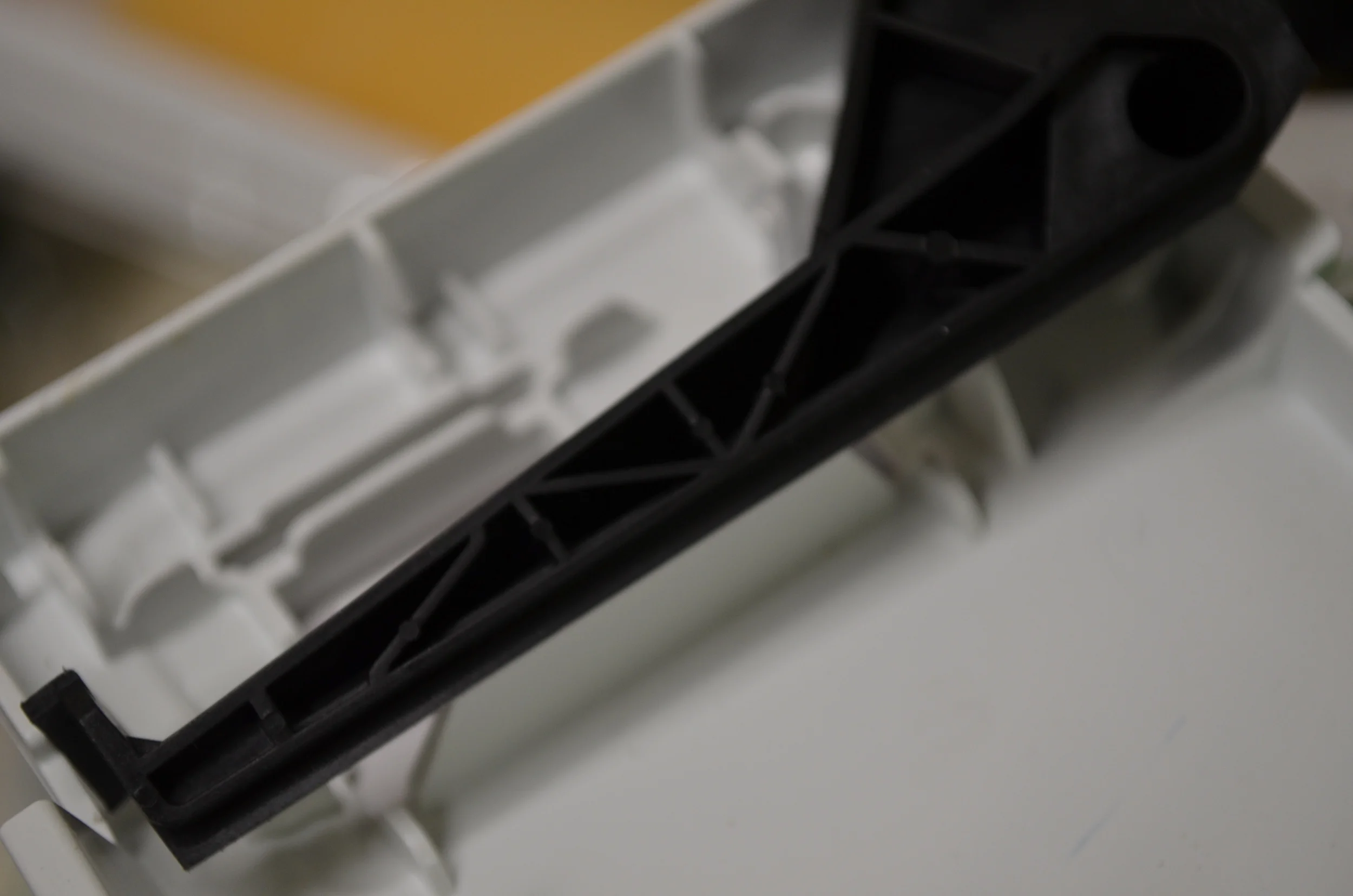Roadmapping the Future:
- Christopher Mims of the Wall Street Journal says virtual reality and augmented reality are going to be defining technologies of our 21st century, helping us interact with the computational, digital realm in more intuitive and powerful ways. At CLEAR design lab when we look around our studio at the 8 monitors for 3 people that come along with our CAD modeling and design tasks, it's nice to imagine an alternative that takes up less space and allows you to do more. From our perspective the big question is what will the new interfaces and interactions of these amorphous, all over displays be like, and how much of the current design vernacular will we have to throw away to get there- how long will it take for the "right" forms of interaction to emerge that live up to the hype?
- Circuit boards and software layers get the lion's share of tech news coverage but the consumerization of biotech products and services continues to ramp up just outside of the mainstream. From 23andMe to desktop lab products like Amino One, many companies are betting that the future of hacking and tech will get more organic as Moore's law stumbles. The latest product in the space to generate some buzz is a portable DNA sequencer by MinION, who says their long term vision is to build an "internet of living things."
Machines for Moving :
- A good read on the tiny biological motors inside of bacteria, that are getting imaged for the first time. The old adage about there being nothing new under the sun may not be true, but when we dig deeply into the natural world we find that many of our human inventions have precedents that predate our entire species. How's that for humbling?
Virtually There:
- As the internet becomes a physical presence, whether simulated as in VR, or actual as in telepresence robots/IoT, some of the worst behaviors we see online are making the jump, and getting more inescapable. Two stories this week give a glimpse into the potential and pitfalls of new technological forms meeting old human behaviors: a telepresence robot stirs up controversy at a Brown University event and how VR makes online harassment feel even worse, more invasive.
Automatons:
- A tough week for companies building complex robotics systems: Google is looking to sell off Boston Dynamics, a robotics company best known for their groundbreaking DARPA projects. They acquired Boston Dynamics back in 2013, according to Bloomberg, Google is looking to shed Boston Dynamics because they are unlikely to produce a marketable product in the next few years. Agricultural and warehouse robot maker Harvest Automation has cut their staff significantly, from about 30 people in 2015, now down to "just a handful." Both companies have built amazing devices and equipment, but the market turbulence they face is indicative of the fact that instrumenting and acting upon the physical world with truly autonomous tech in a way that nets a positive value for buyers is a Herculean feat. For all our foibles, humans remain the most practical and economical source of labor, even in fairly predictable contexts.

